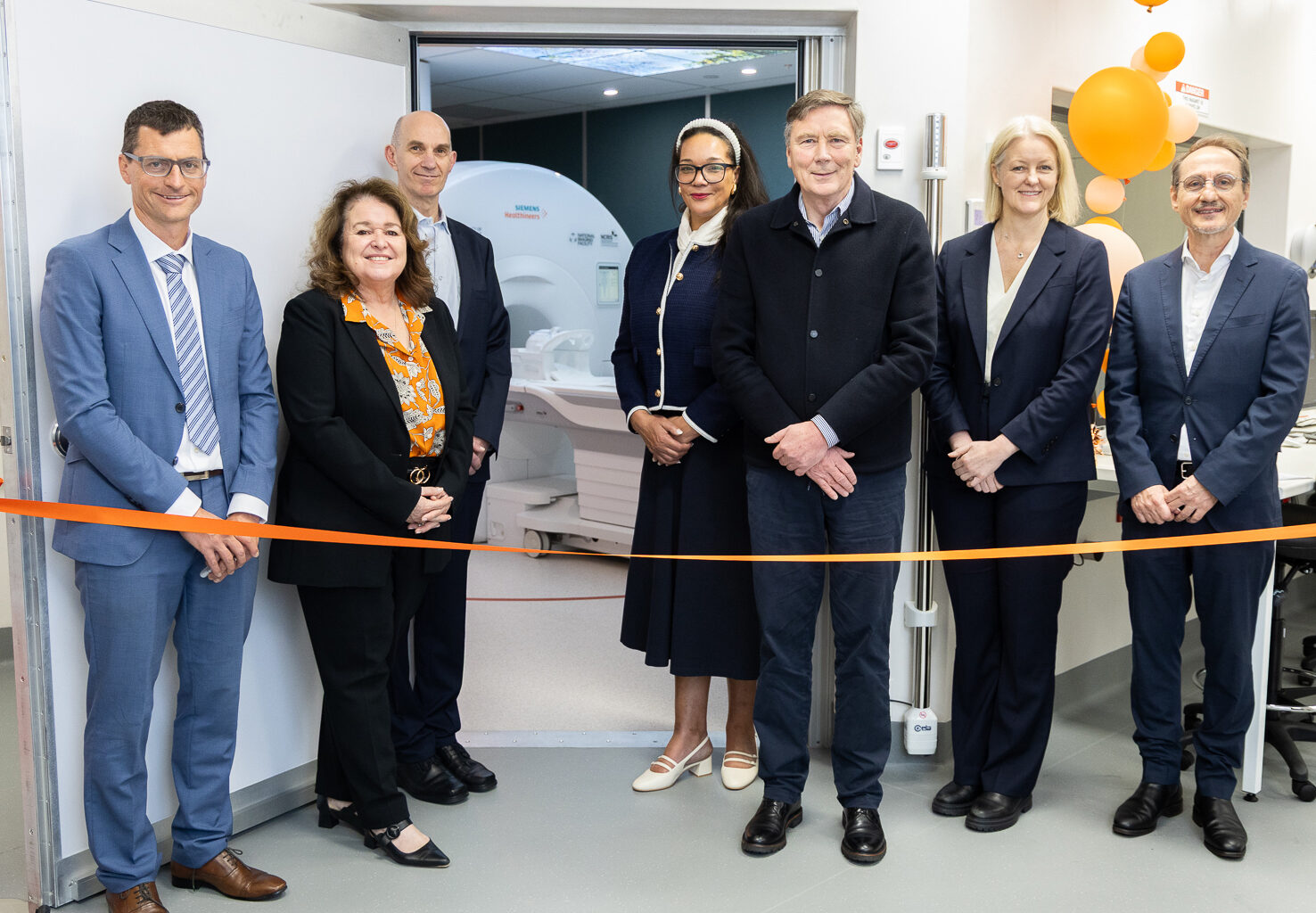Professor Sharon Naismith is a clinical neuropsychologist in the School of Psychology and heads the Healthy Brain Ageing Program at the Brain and Mind Centre, a one-of-its kind intervention research clinic for dementia.
Professor Naismith will be one of the first researchers to have access to the new scanner.
The new 3T MRI scanner features powerful gradient technology, enabling faster, sharper, and more detailed imaging. This allows researchers to map the brain in fine detail, detect disease markers earlier, and study heart and musculoskeletal conditions with unprecedented clarity.
These new perspectives support the development of new treatments and diagnostics, and ensure discoveries can move more quickly out of the lab and into clinical care.
“In older adults showing early signs of dementia, sleep problems are common,” said Professor Naismith. “These sleep changes may be linked to early damage in a small part of the brainstem called the locus coeruleus, which controls an important brain chemical called noradrenaline.
“Until now, it has been hard to study this part of the brain in people with early dementia. This MRI technology will allow us to use sophisticated new methods to determine how this brain area works and changes.
“This will help us understand when and why sleep problems happen during dementia and guide us toward better treatments in the future.”
Researchers will be able to use the facility for studies ranging from mapping brain pathways in dementia and multiple sclerosis, to testing new therapies for depression and anxiety, to improving diagnosis of heart disease and sports injuries.
It will also support cancer research by enabling earlier tumour detection and real-time tracking of treatment response, alongside the development of new surgical tools and robotic systems guided by MRI.

